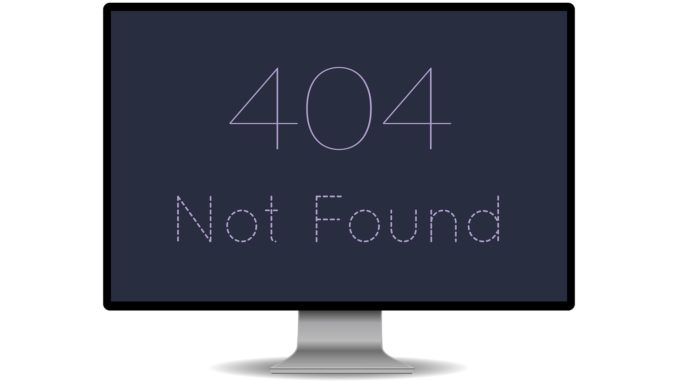
It is a good bet that if you have ever been to the career center or sought career guidance of any sort, someone has told you that you need to network. This is good advice since the fraction of jobs landed through networking is large (80% is the statistic that floats around the Internet). The recitation of networking’s virtues is typically followed by the obvious advice that networking is simply a matter of getting out there, talking to a lot of people, and getting to know them. To me, this is analogous to (and about as useful as) telling someone that it would be healthy for them to lose some weight and that all they have to do is eat less and exercise more. Yes, it is that simple, until you add in the complexities of human behavior and psychology. My experiments with networking have always proved more intricate than simple theory. Here are two of the biggest trouble spots I hit and some strategies to help overcome them.
I Don’t Know Anybody
It’s not what you know but who you know. There is truth to this old career cliché, but I think that both who and what you know are important. Educational diligence will take care of the “what” part, but unless you are born into a family with a ready made network relevant to your career aspirations you will start with a nearly blank slate in the “who” category. I found zero a daunting position to start from. Fortunately, modern tools make building a network from scratch easier than it used to be. Here are a few of the best:
- Mentorship Programs – These are a great starting point for the networking novice and generally take the form of a match making service between people who have declared their desire to mentor and students or young professionals seeking their help. There are lots of programs out there, but the one most pertinent to physicists with non-academic career aspirations is the American Physical Society’s new industry mentoring program IMPACT. By providing a structured way to meet willing mentors, mentorship programs eliminate most of the hard parts of networking. The mentor(s) you connect with in this way can also help you build skills to successfully network in the wider, unstructured world.
- Alumni Directories – People often have a strong emotional connection to their alma maters and are predisposed to helping fellow alumni out. Alumni directories are therefore goldmines of contacts and can often get you an “in” with that company you think you might want to work for. Of course, there are no guarantees that the people you reach out to this way will be receptive, but I have found that the odds are good and substantially better than cold calling/emailing strangers with no common connection whatsoever. Note, please do not just call people up and ask for a job. Essentially, you are looking to conduct informational interviews and build your network. People understand that you a looking for work and will almost certainly mention appropriate openings if they feel comfortable doing so. Putting them on the spot or being too pushy is unlikely to make them comfortable.
- Professional Society Directories – Professional society directories can be used just like alumni directories with the bonus that they are directly targeted at your career interests. You can also join most professional groups for a small yearly fee, which is a bargain in both time and money compared to college or graduate school, and there is no limit to how many groups you can belong to.
- Social Networks – A mentor of mine once told me about the networking advice one of his mentors gave him in more analog days. It included manually compiling and organizing paper and pencil contact cards (ever seen a Rolodex?) to keep track of everyone. These would generally include important bits of personal and professional information as well as name, phone number, etc. Today, people conveniently compile their own mini-dossiers on platforms like LinkedIn™ and all you need to do is click “connect” to add them to your 21st century Rolodex. In addition to that convenience, LinkedIn™ provides invaluable information like mapped routes through your network that can connect to someone you want to talk to.
It’s Not Working
Networking with the intent of finding a job can be terribly frustrating, just like adjusting diet and exercise to lose weight. The trouble is that a job offer and a lower number on the scale are outcomes which we do not have direct control over. The only direct control we have is over our actions (contacting more people, hitting the gym, choosing the salad) which alter the odds of different outcomes but never guarantee the one we want. This is sometimes infuriating and discouraging, especially when the actions and outcome are widely separated in time and there is little intermediate feedback. At least you can get on the scale once a week when trying to slim down. It is much harder to gauge the effectiveness of your networking efforts. Here’s the hard truth with networking: it seems like your efforts are worthless right up until the point that they pay off. That’s the trouble with nonlinear systems dominated by network effects. They can fool you into stopping too soon, before you reach the steep part of the exponential curve. Meeting people, making a positive impression, adding value, and surfacing opportunities are acquired skills that will pay off if you take the time to build and practice them. A coach or mentor is often a huge asset in this process by providing pointers, feedback, and encouragement.
